Vitamin A plays a vital role in maintaining the body’s natural defenses. This includes maintaining the integrity of skin, mucus barriers of lungs, gut, eyes, genitals that help to trap bacteria and viruses.
Vitamin A is involved in production and function of immune cells that capture and clean out infectious agents from body tissues.
Vitamin A is essential for preserving your eyesight. It is needed to convert light that hits your eye into an electrical signal that can be sent to your brain. So, vitamin A is responsible for color vision and low light vision.
Vitamin A is also helps maintain a healthy reproductive system in both men and women, as well as ensures the normal growth and development of embryos during pregnancy.


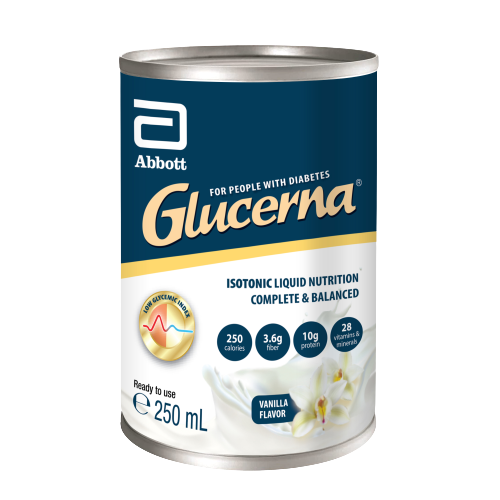





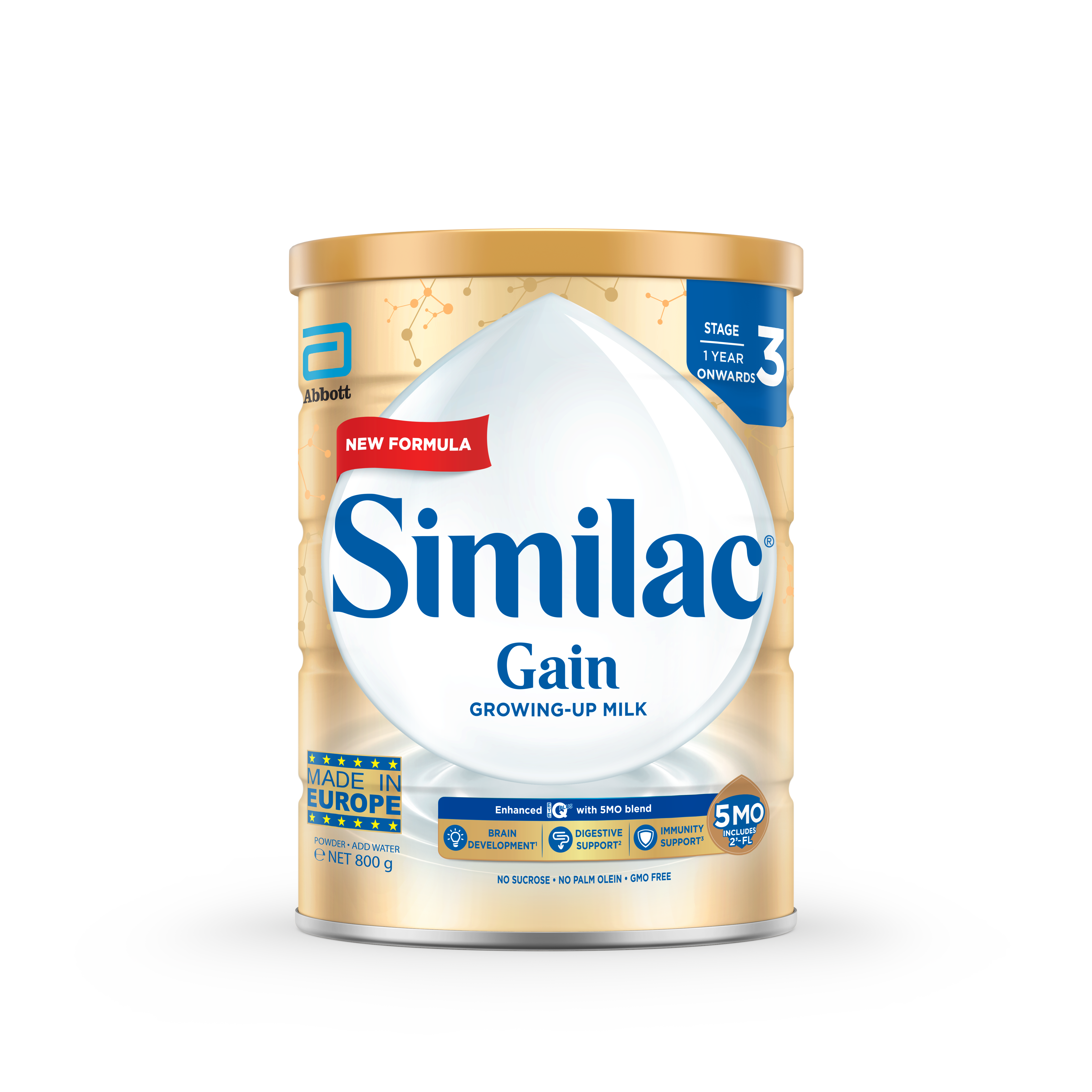
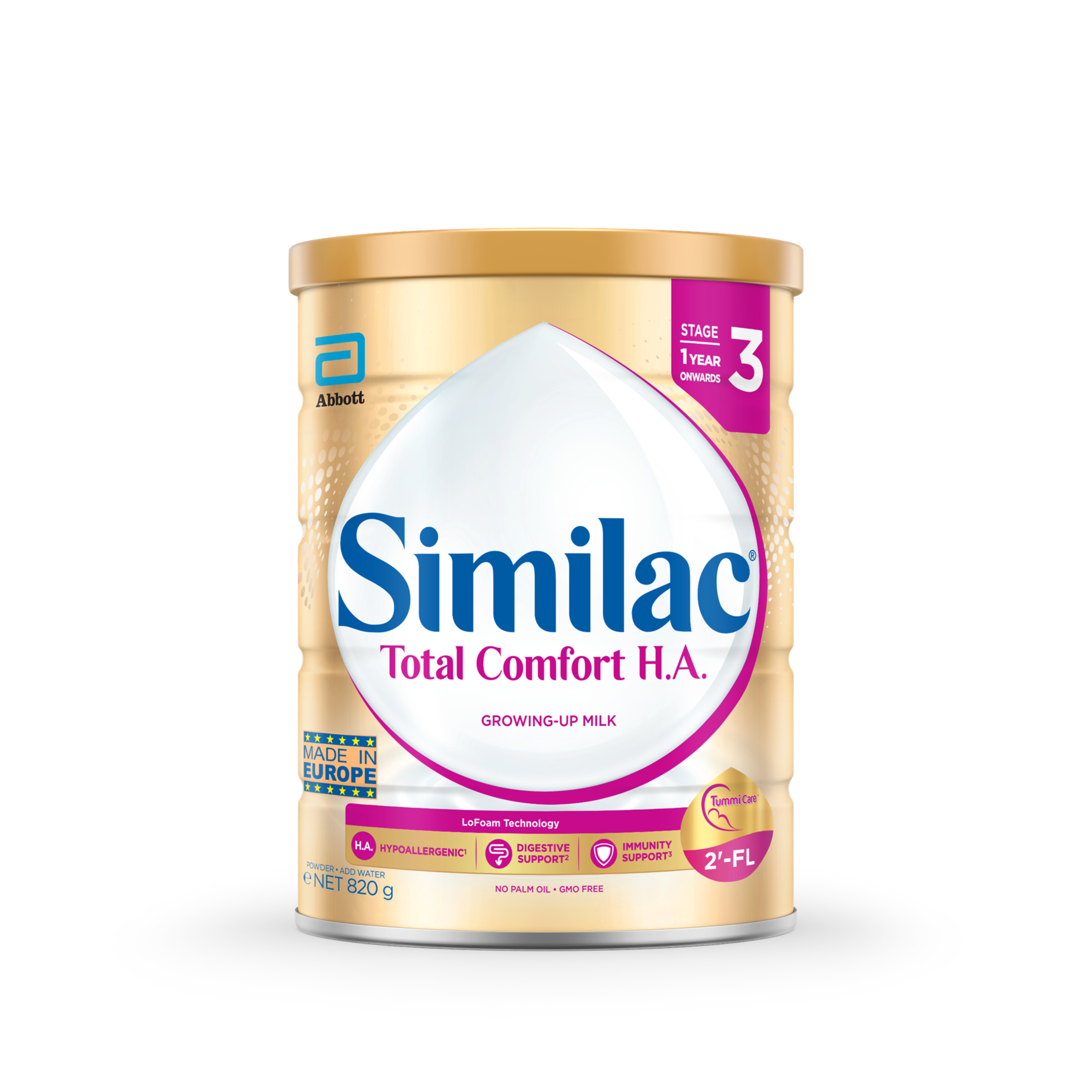

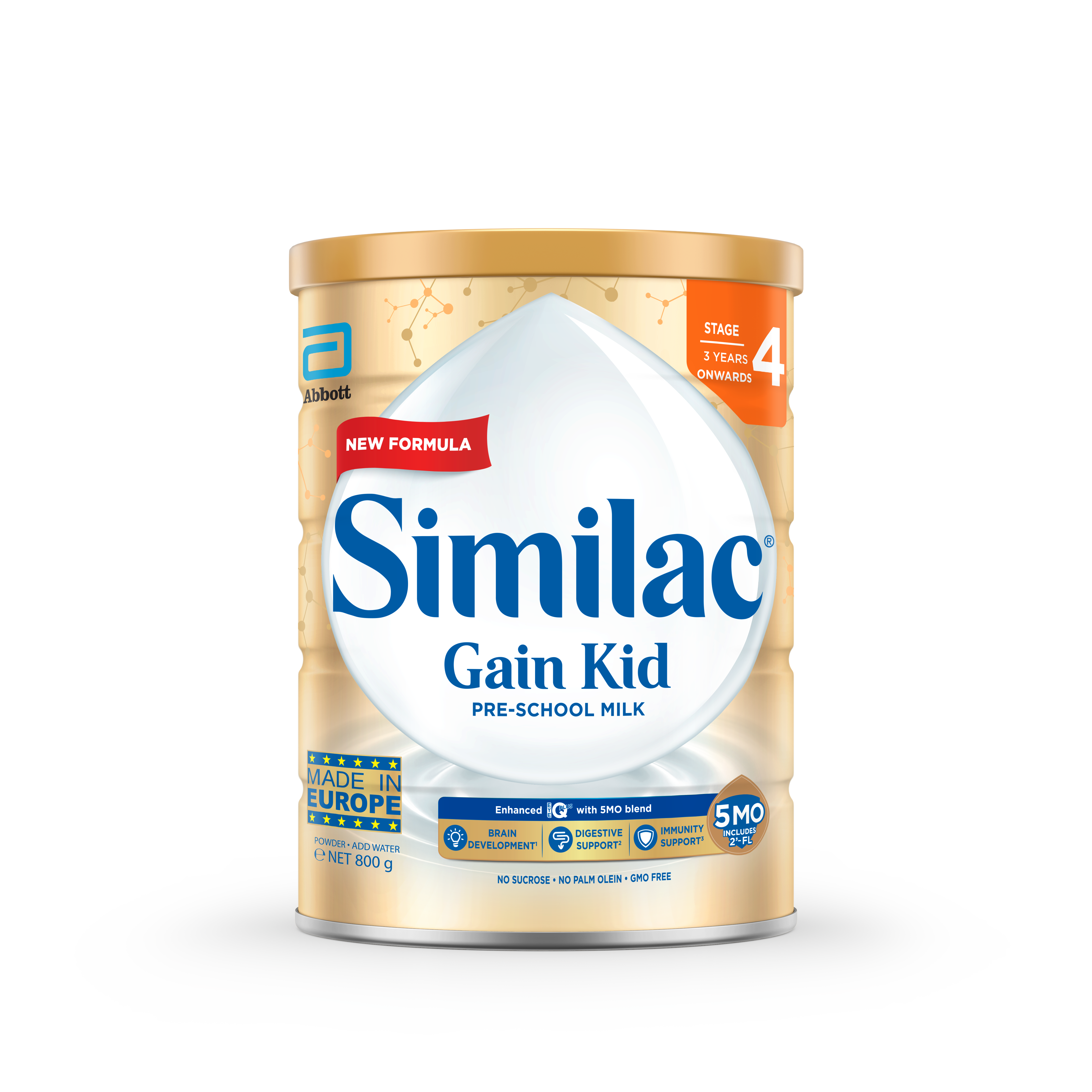

.jpg)
.jpg)

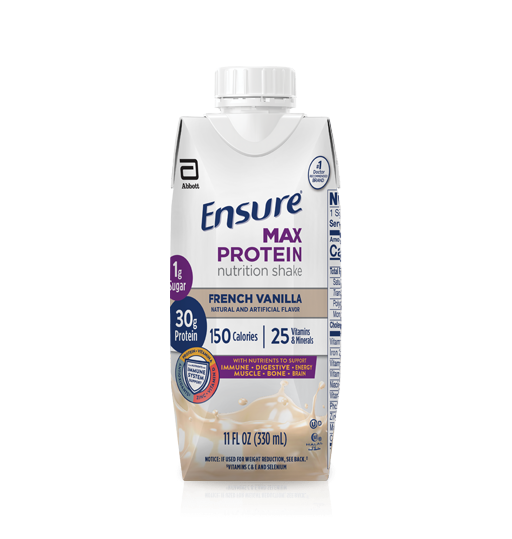
.jpg)
.jpg)
.jpg)
.jpg)
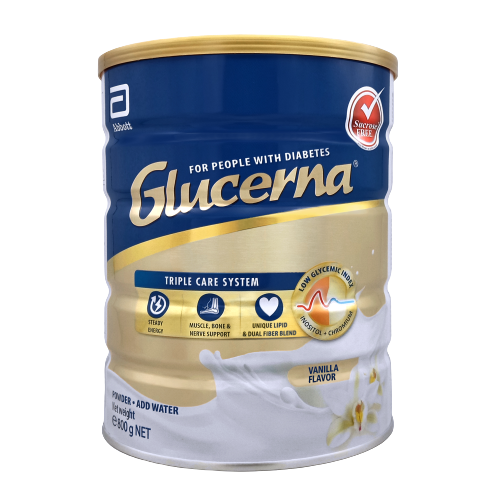
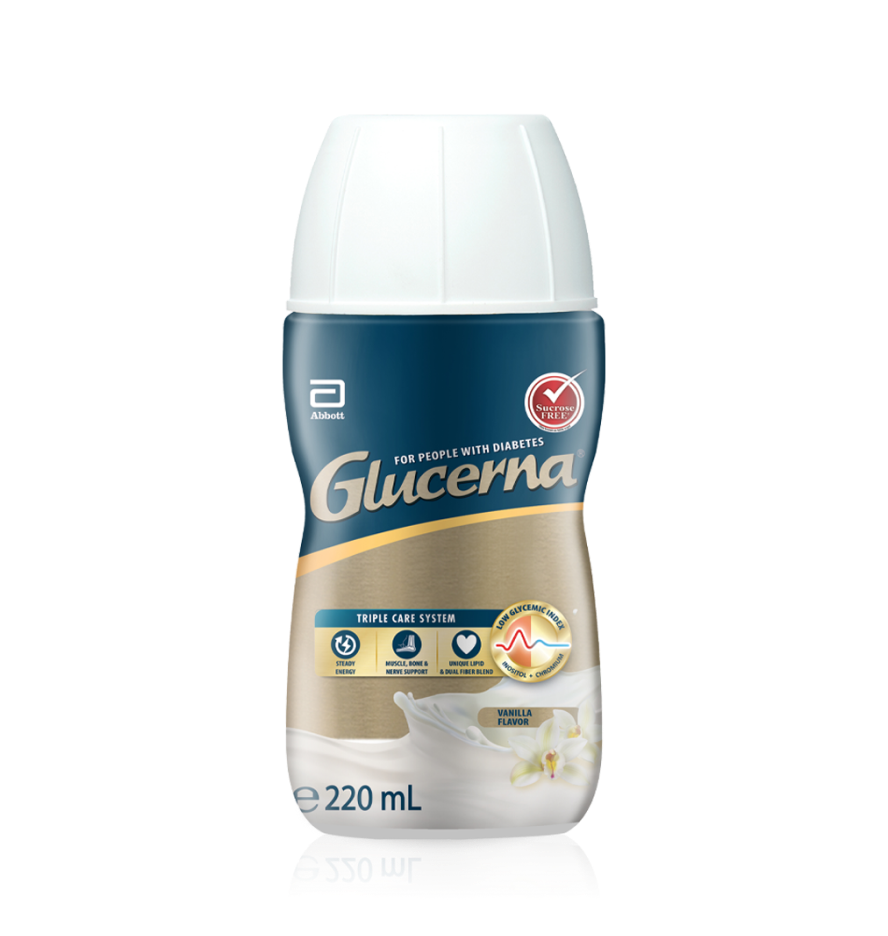
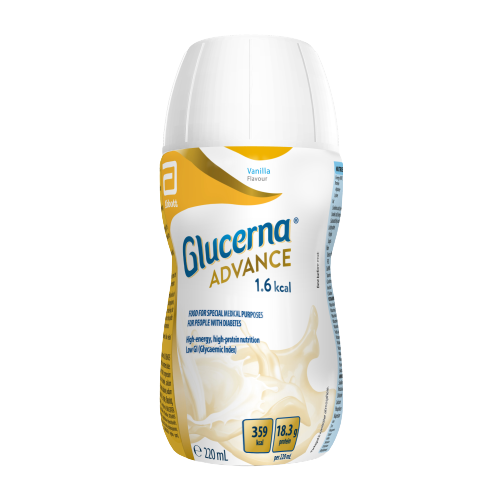




STAY CONNECTED